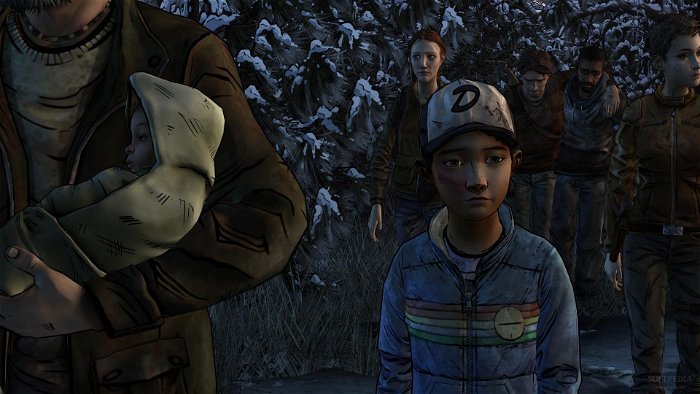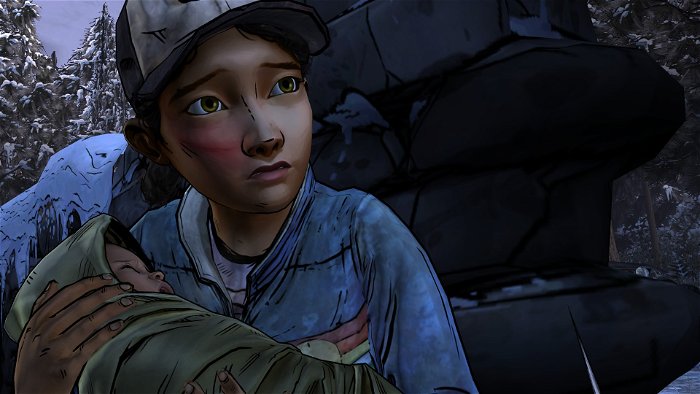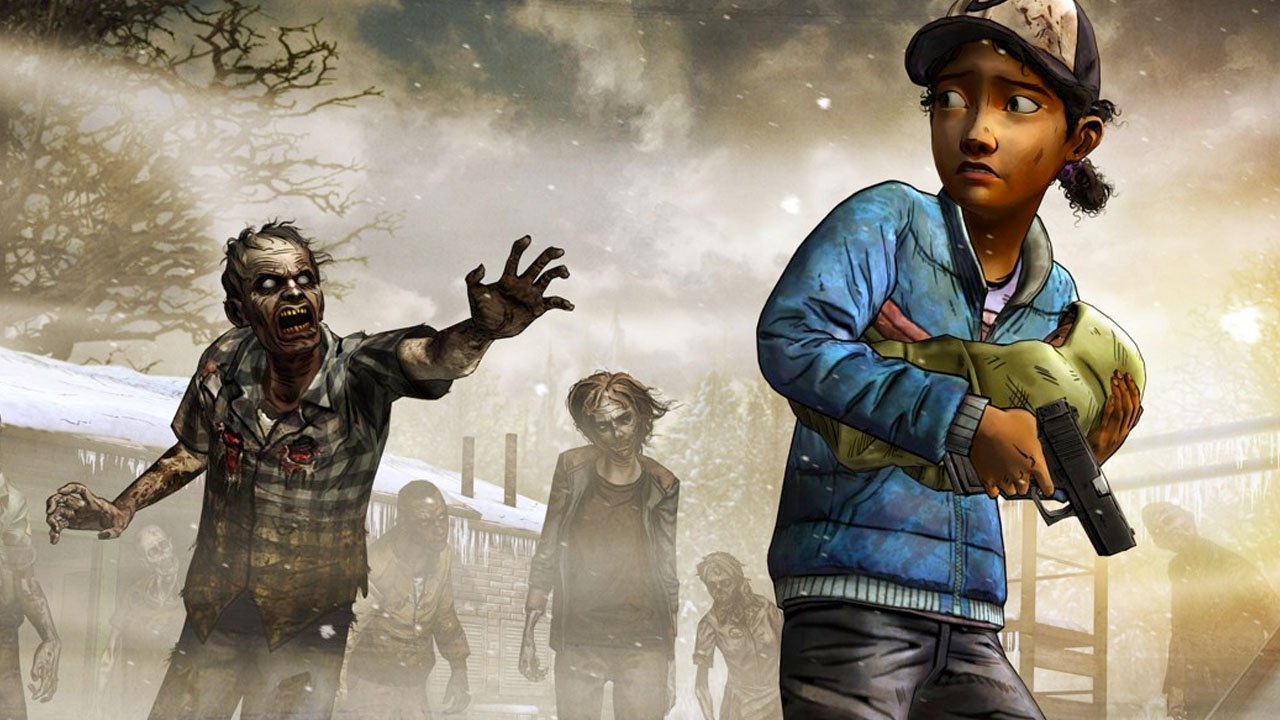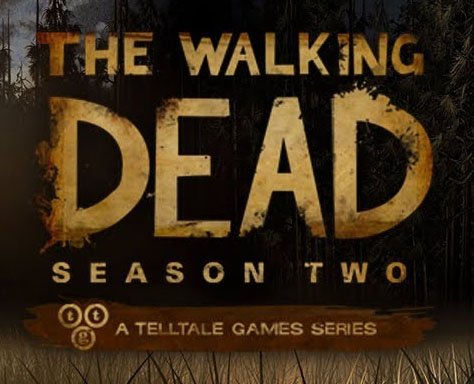The Final Reckoning
Season two of Telltale’s take on Robert Kirkman’s grim, zombie apocalypse finally concludes. It’s been a long time in coming, but with No Going Back, Telltale wraps up the story of Clem in a way that may not be satisfying for everyone, but ultimately, might just be a more realistic, mature conclusion with no right or wrong answers. And in some ways, that just might be the only way any story in the world of The Walking Dead can go.

Hopefully, future instalments of Telltale adventure games will also make their way to the PS4, as the same problems that plagued the Wolf Among Us glitch their way into this final episode. New chapters and scenes inevitably bog down the system, and even trophies popping up cause significant drops in performance. It’s clear that Telltale has never been comfortable with the more exotic architecture of the PS3 and the breathing room and more familiar, PC-like environment of the PS4 will go a long way towards helping Telltale’s games present the way they were meant to.
“The Walking Dead. It could never live up to the unexpected emotional weight of the first season, and it didn’t try to.”
Technical problems aside, No Going Back finally completes the maturation process of Clem, which was the driving theme of the entire season. If Season one of The Walking Dead was about the classic group dynamics of surviving the zombie apocalypse, season two is about what it’s like to grow up in such an environment, and how harsh the combination of survival and maturity becomes. “Growing up” takes on much more serious tones when it goes beyond mastering social popularity to making decisions that affect who lives and who dies and, true to the original comic, no one is safe. Anyone can die in sudden, brutal manner, and it’s a matter of fact element of Robert Kirkman’s world.
The big difference here is that it’s now being filtered through the eyes of a child that has to decide which of these lessons are worth learning to form a moral foundation from which to move forward. In essence, the choices that players make in No Going Back aren’t just about being a survivor, they’re answering the question, “What kind of survivor am I?” No Going Back presents players with choices that are both selfish and altruistic, and no one choice is consistently rewarded or punished. Unlike most games with a morality system that explicitly tells you, “You made a good/bad choice and will be reward/punished appropriately,” No Going Back leaves the consequences as… consequences. The game won’t comment or take action on any of player’s choices, it really is up to you to decide whether what’s the right decision as a player, and then see how the consequences play out.

All of this brings us to the ending of this season. In some ways, there’s still an illusion behind the idea of choice, since most of the decisions players make ultimately won’t matter to the end of the story. Like Mass Effect III, the ending of season two is largely determined by final choices in last chapter of the game. Unlike Mass Effect, these choices aren’t merely differentiated by color, they are radically different choices with distinct outcomes. None of them are “satisfying” in the same way that the first Walking Dead season was. There’s no calculated dramatic conclusion that feels narratively and emotionally “right.”
Instead, life goes on, Clem learns a thing or two, and players will be left wondering if they really made the right choice. Of course, they have the option of replaying the game to see how things turn out if they do choose differently, but in the end, no conclusion feels like the one Telltale has decided is the “true” ending. Every ending feels like it has weight and validity. But players will be arguing constantly among each other as to why they made the choices they did, ultimately revealing more about their feelings on survival and how far they’re willing to go by doing so. And that, perhaps, is one of the most impressive things about season two of The Walking Dead.
It could never live up to the unexpected emotional weight of the first season, and it didn’t try to. Instead of trying make everyone feel the same way, they allowed players to conclude the story in a way that felt right to them. Or, at the very least, forced them to make choices that felt right, even if the consequences weren’t. That’s a rare trick to pull off in any narrative endeavour, and the fact that Telltale did it in a game makes it all the more impressive. No Going Back is a worthy conclusion to a second season that got off to a rocky start, but found its legs as its journey came to end.






